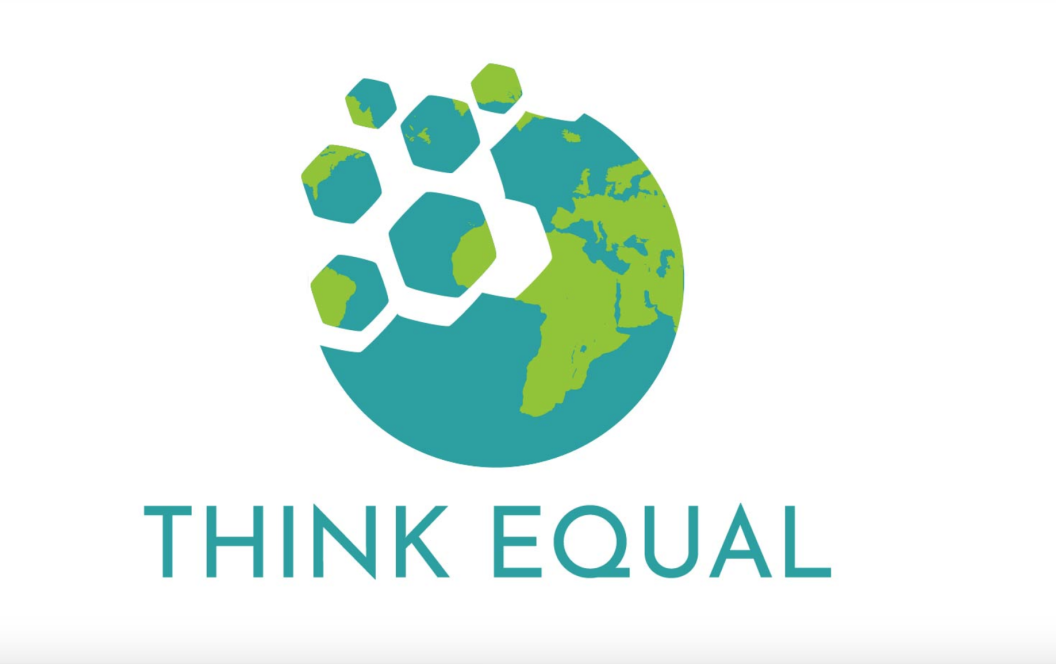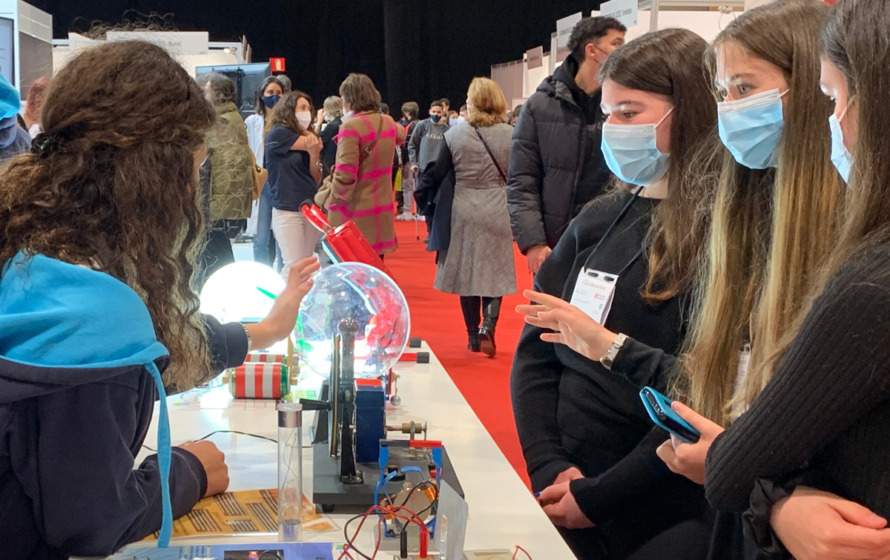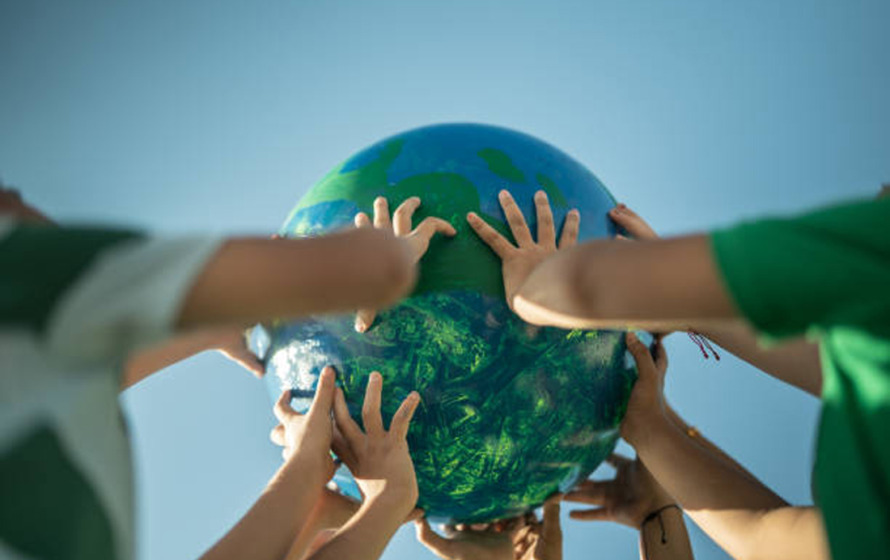Think Equal program: a curriculum for social transformation

Leslee Udwin was voted by the NY Times the No 2 Most Impactful Woman of 2015 (second to Hillary Clinton), and has been awarded the prestigious Swedish Anna Lindh Human Rights Prize (previously won by Madeleine Albright). She has also been named Safe’s Global Hero of 2015, Global Thinker by Foreign Policy. A BAFTA and multi-award winning filmmaker and Human Rights Campaigner, Leslee’s documentary “India’s Daughter”, has been critically acclaimed around the globe, won 32 awards (including the Peabody Award and the Amnesty International Media Award for Best Documentary 2016) and sparked a global movement to end violence against women and girls. The searing insights yielded by the 2½ journey making “India’s Daughter”, led Leslee to found UK-and-US-based Not for Profit global education initiative “Think Equal”.
Education is the most important, if not the only, means of achieving positive change, that we have at our disposal; but not “education” as we know it. If we really want to transform mind sets and prevent violence, greed, injustice, callousness and selfishness, we need to create the foundation in in the early years, when values, morals, social and emotional intelligence, self regulation of behaviour and attitudes are being formed and the neurological pathways of the brain’s architecture are being built. This foundation should be the core purpose of Early Years Education.
The aim of early education should be to help and direct children live fulfilled, respectful, productive and compassionate lives, as engaged and equal citizens who hold themselves and others to be of absolutely equal value. If we are to overcome the entrenched discrimination, inequality and injustice which so negatively affect large groups of people around the world, Social and Emotional Learning and “thinking equal”, must be given the same importance and focus as we give to the development of numeracy and literacy. It is the missing third dimension to education.
Think Equal brings social and emotional learning in a concrete and tangible set of programmatic tools, with narrative as a core pillar. It cultivates the inner life of children and gives them understanding of opportunities in the world around them that apply to every child equally. It also teaches children to protect and value their planet and all on it. We have adopted a very practical approach to contributing to the change we all want to see in the world. We have engaged educators from around the world, thought leaders in social and emotional intelligence, to bring together best practice approaches and working models into a single programme that can be taken-up and adapted to the widely varying contexts in which the education of young children takes place.
In order to achieve our goals more effectively, it is also important to encourage the participation of families in the implementation of the programme. It’s easy to follow by both trained and untrained practitioners, replicable and scalable. We give schools or governments (where they will mandate this ‘missing subject’) carefully designed materials – 30 books, 90 lesson plans, and accompanying resources for each of 3 years of learning (for 3-6 year olds) for free.
Teachers are at the coalface of the changes we need to make, and their role could hardly be more important. There is, however, a serious mismatch between the fact that we have under-rated, under-trained and underpaid our Early Years teachers and yet we seem to expect that they will be able to deliver holistic quality education in response to a list of lofty outcomes and objectives which the world has only just awoken to. It is only a highly resourceful, talented, confident and trained teacher who can know how to achieve the goal of mediating the crucial list of social and emotional values, competencies and skills like empathy, critical thinking, gender equality, peaceful conflict resolution etc. Thus, Think Equal provides more than lists of objectives, goals and outcomes, and instead gives the teachers actual programme materials and tools to draw on, and the stimulation of other people’s ideas. Think Equal is a treasure trove of excellent, vivid, tested and practical resources which fire teachers’ imaginations, stimulate them, and empower them in the job they do.
It is also vitally important, that children should get a minimum level of social and emotional learning as their fundamental right, and not have to depend on variances in teacher training, skills and talents. It is the right of every child to get this foundation. So the Think Equal Programme consists of lesson plans with step by step guides of what the minimum input of teachers should be. These simple, easy to follow teacher guides in the hands of early year’s educators supports and guides their work in ensuring that young children develop the beliefs, attitudes and behaviours that we will need in future generations to ensure a peaceful and sustainable world.
Think Equal provides the books, lesson plans and resources that teachers need to support the children they teach to develop the social and emotional skills we all need to make a positive contribution to the societies in which we live. In aiming at system-wide change and scalable, sustainable approaches, Think Equal has set out a vision for how we can ensure that all children have this opportunity to learn the human skills that will make their lives and this world free from discrimination and the violence that so quickly and easily erupts from it.
We need to bring a new and fresh perspective to the field of education. Nothing short of a system change will do. We need to reimagine early years education, when each human being is formed and acquires the foundation for the rest of life. Only then can we achieve a safe, free, equal and prosperous world. Please join the movement for change, reshaping the education agenda for the 21st Century. https://www.thinkequal.com/


